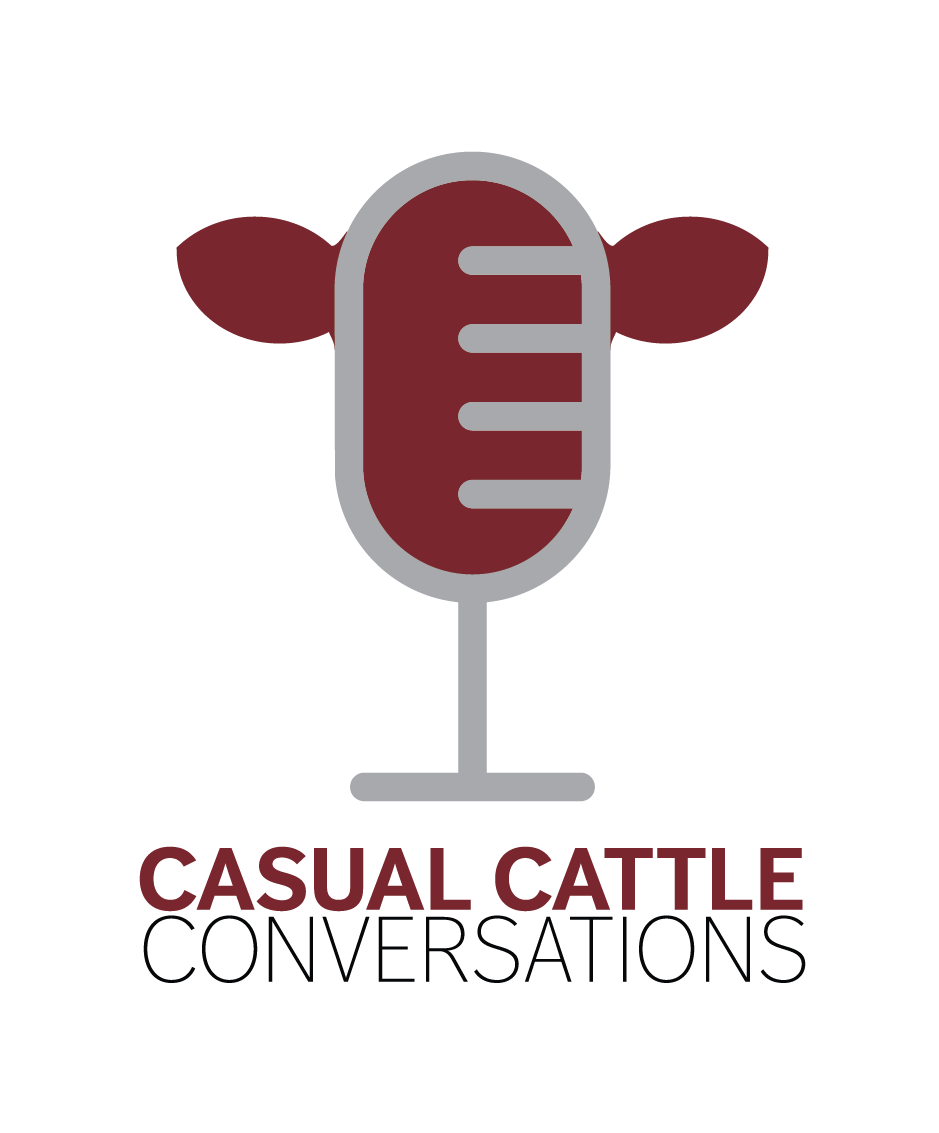Preserving Legacies: Capturing Family Stories for Generations
Legacy. It’s only a six-letter word, but it carries the weight of generations for agricultural families. The weight this word carries makes it valuable for families to understand what their legacy is and how to uncover it. But what does legacy really mean? “I think in the same way your genetics impact how you look, your legacy is what gets handed down to you through hard-won experiences. It’s how your family handles problems and challenges. To have a family legacy is to know how we as a group of people handle ourselves when challenges inevitably come up,” said Vance Crowe – founder of Legacy Interviews.
Legacy Interviews consist of either a couple or an individual being interviewed by Vance. These interviews include questions about overcoming life and business obstacles as well as fun memories to look back on. After the interview is done, Vance and his team edit the interview and send the final version to families for their own use. Legacy Interviews is a business that started on accident but is having a profound impact on both those being interviewed and their families.
The individual(s) being interviewed are presented with a unique opportunity to reflect on their life in a way they’ve maybe never done before let alone asked to do by others. “By looking back on and reflecting about these experiences, it is almost as if people are allowed to close one chapter and open a new one in their lives,” said Crowe. In agriculture, we take on large risks and experiences that push us more than we realize. Looking back at how we overcame challenges and were able to move forward is powerful for ourselves and the rising generation.
The families of those being interviewed not only have the ability to uncover their family legacy, but they also are able to find a better sense of self by hearing these stories. “We often think that parents and grandparents are fully adjusted as we grow up, but this isn’t the case. Just like us, they are doing the best they can with what they know and have,” said Crowe. He recalls an experience where a 40-year-old women sent him a message noting that she felt like she truly became an adult after listening to the interview of her parents. It finally dawned on her that they never had it all figured out either.
Additionally, hearing the story of the family business from the senior generation can lift weight off the rising generation who might be carrying the fear of losing the farm or screwing up. Vance said, “It’s very powerful for children and grandchildren to know that not every decision made by the senior generation was an automatic success.” We all inevitably are going to make mistakes. It comes down to understanding what the generations before us were willing to do during hard times to make it to the other side. “There is a large disconnect between the generations and young people not knowing what they are capable of enduring, who they are, and where they came from. Knowing the answers to these questions can give them strength when things get bleak,” said Crowe.
Since starting Legacy Interviews, Vance has started to notice patterns within families and couples. “Many men say they wish they would’ve realized earlier that their wife was their partner and that they could’ve leaned on her during hard times,” said Crowe. And, for women the pattern is also related to identity. Vance said, “There’s something special about women once they are over 65 years old. When I ask them what the most difficult lesson to learn was, 70-80% of them share responses related to letting go of the fear of what others think.” Crowe interviews people of a variety of ages and enjoys how the older people get, the less filter there is on what they say. But, he also reminds people that your memories don’t get sharper with age; so you are never too young to record your life experiences to share with the next generation.
As you take time to lean into uncovering your own family legacy, know that it can look like a variety of forms but will be invaluable to you, future generations and the future of your family business. Ask the senior generation about lessons they’ve learned, some of their favorite memories, how they got through the tough times and what advice they have for future generations. And if at all possible, do it in person to build up your own relationship and connection with these people in the online world we live in.

